What is A Blackhead?
These skin lesions are hardly noticeable; but, when looking close up, these tiny cluster of dark spots can be found along the T-Zone. By definition, a blackhead is a type of comedone. A comedone is a pore that has become a plugged hair follicle. Essentially, your skin has produced an excess amount of sebum (oil) and become trapped on the surface of skin.
Now this is where a blackhead differs from your typical pimple. The blackhead is considered an exposed pore; which, then becomes darkened by the oxidation of the exposed hair follicle. The reaction of the pigment producing polymer, melanin with the oxygen found in air causes the blackhead to change color. Also they are considered a mid form of acne and have no inflammation or discomfort unlike cysts or pustules.
The composition of a blackhead includes:
- Dead skin cells
- Melanin
- Oxygen
- Sebum

Those pesky spots are typically found on the tip of the nose!
What Causes It
Aside from genetics that trigger certain people to have an more oily complexion, there are a number of factors that can lead to the development of blackheads. There are some things that may be out of your control; but, there are number of things you can to reduce the occurrence of blackheads
Hormonal Changes
Those undergoing puberty will find that their oil production to be at peak levels until the body properly regulates functions. Those who survived puberty are not out of the woods! Expectant mothers can also see a shift in the appearance of blackheads due to the dramatic hormonal changes they are experiencing. Lastly, women undergoing menopause will experience a “second puberty” as their adjusts to the decreasing levels of estrogen and progesterone and the increasing levels of testosterone (a blackhead causing hormone that leads to increased oil production).
Oil Based Products
Despite what labeling you may come across, most makeup products and sunscreens do contain enough oil to cause your skin to flare up with an acne reaction. Especially the products that contain comedogenic oils like: coconut & shea butter. If you're not cleansing properly, these oil heavy products build up and leave behind a layer to further trap pores.

Coconut Oil is the number one culprit of comedogenic oils!
Shaving
Now I'm not asking you to forgo hair removal all together; but, to rather consider other options. Shaving does not remove hair at the root; therefore, things like in-grown hairs can cause trouble. Consider options like:
- Hair removal creams
- Waxing (Strips/ hot oil)
- Threading
- Epilator
- Tweezers

Hair removal wax heater over wooden background
Who Is More Prone?
Although There are certain people that are more susceptible to developing these plugged pores. Those with oily skin are at the highest risk because oil tends to gather along the T-Zone areas.
Treatment
Although a visit to the dermatologist can do wonders for skin, using a natural approach to remove blackheads can be a gentle and effective treatment. This simple remedy will provide you an easy, natural and quick treatment to exfoliate your skin properly
What You'll Need
- 1/2 TSP. Honey
- 1 TB Pineapple Juice
- 2 TB Brown Sugar
- 1 TSP Cinnamon
Mix all together to achieve a “scrub” like consistency. Use fingers or facial brush to disperse product. Place on slightly damp clean skin and rub for approx. 3 Min. Rinse excess product with warm water and pat dry.
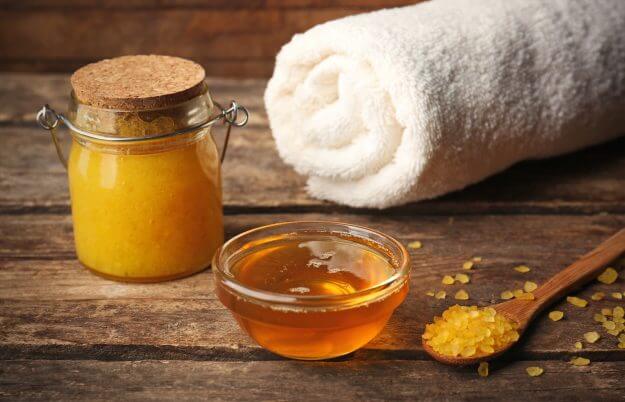
Body scrub and honey on wooden table
Tips To Avoid Getting One
Now there are a number of tips you can implement now to avoid getting a black, that take little to no effort.
- Exfoliate Weekly- Scrubs powerfully remove dead skin build up to prevent clogged pores from forming
- Reduce Makeup Wear- Now this a bit tricky, if you're used to wearing makeup on a daily basis. This could be something as simple as switching from a full coverage foundation to light coverage.
- Chemical Peels- Now this is a little bit more costly; but, it can remove blackheads are burrowed deep into skin.
- Diet Change- Now reducing the amount of meat (full of saturated fats) and greasy foods can dramatically reduce breakouts and clogged pores. Try doing something as simple; as, eating meat free once a week then gradually increase the amount of days.

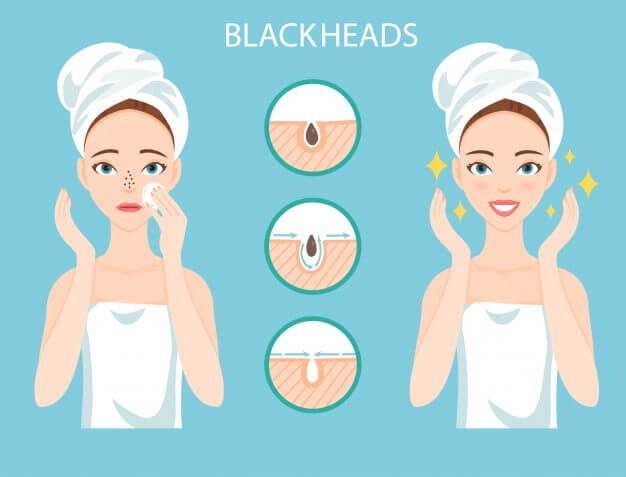
 Cerave Cleanser Review
Cerave Cleanser Review 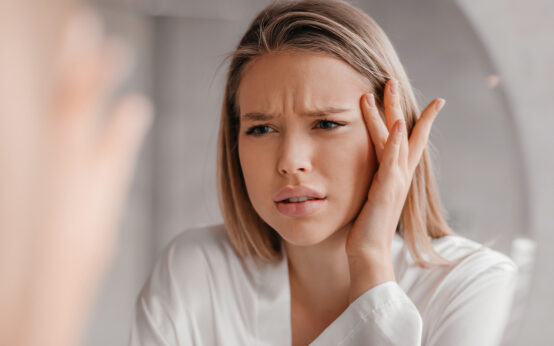 What to Look For in a Moisturizer For Oily Skin
What to Look For in a Moisturizer For Oily Skin 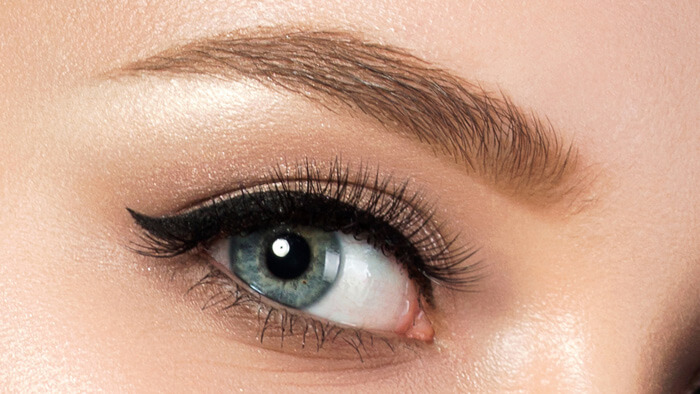 How to Get the Perfect Cat Eye
How to Get the Perfect Cat Eye  Everything you Need to Know About Facial Extractions
Everything you Need to Know About Facial Extractions  How to Remove Blackheads On Nose
How to Remove Blackheads On Nose 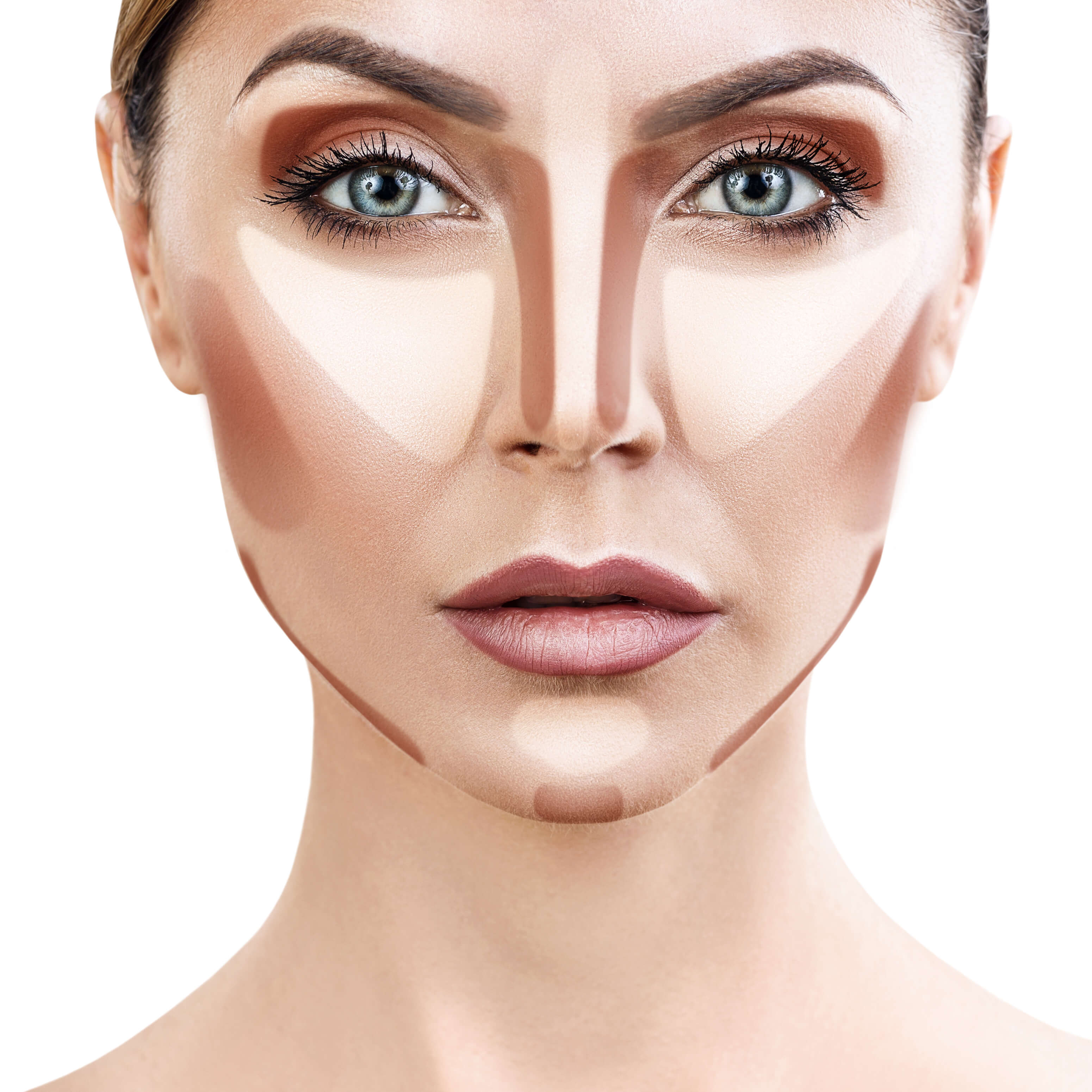 Mastering Facial Contouring and Highlighting
Mastering Facial Contouring and Highlighting